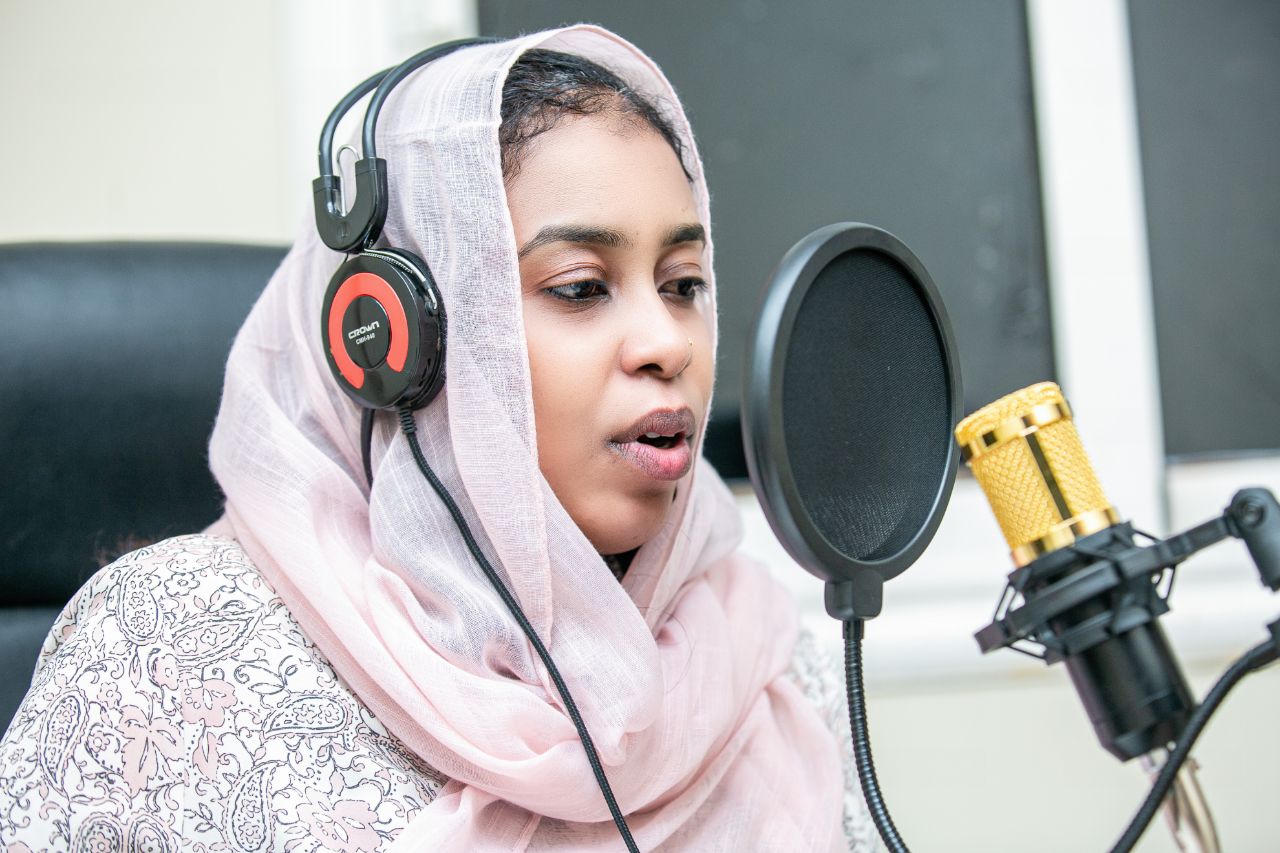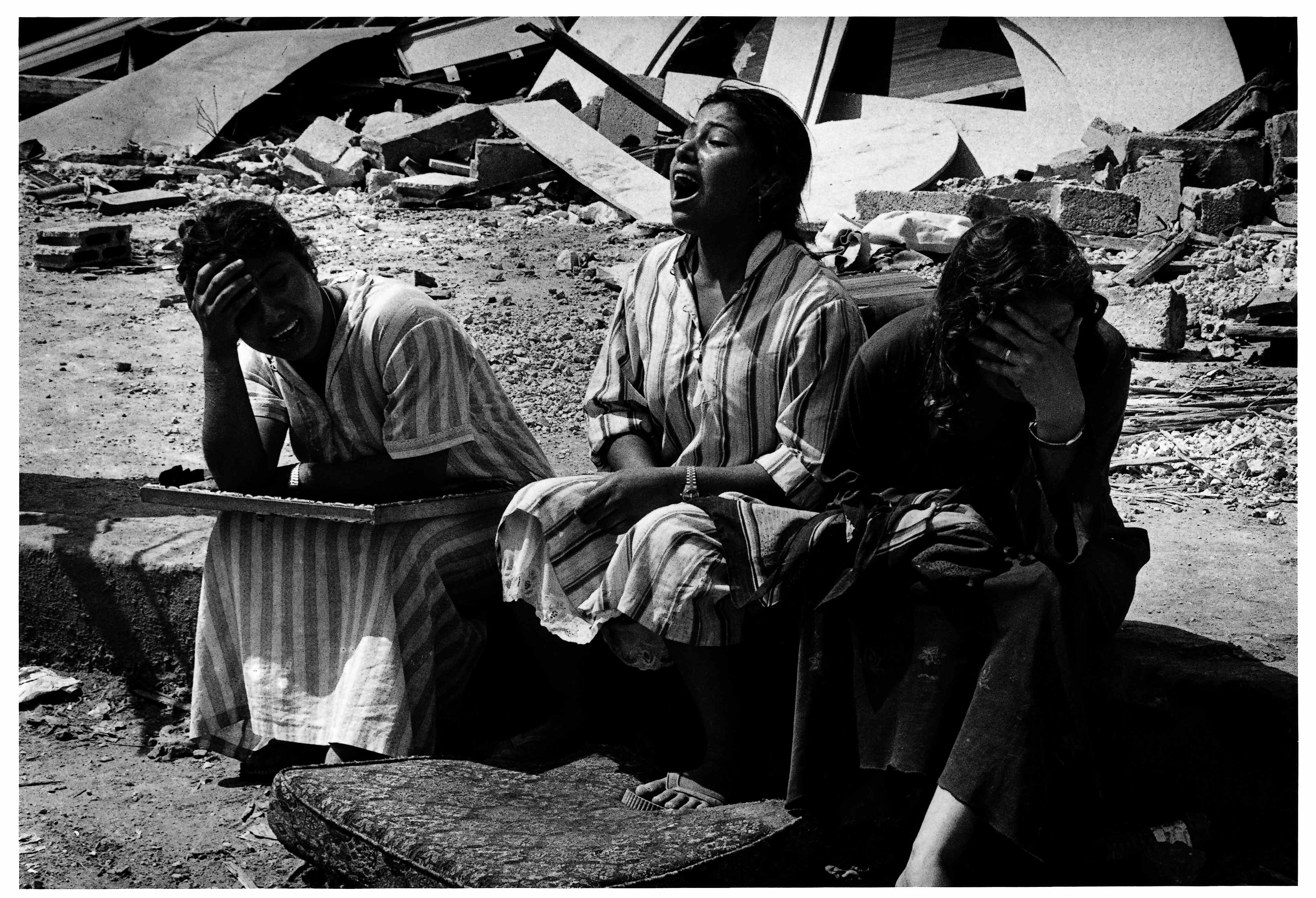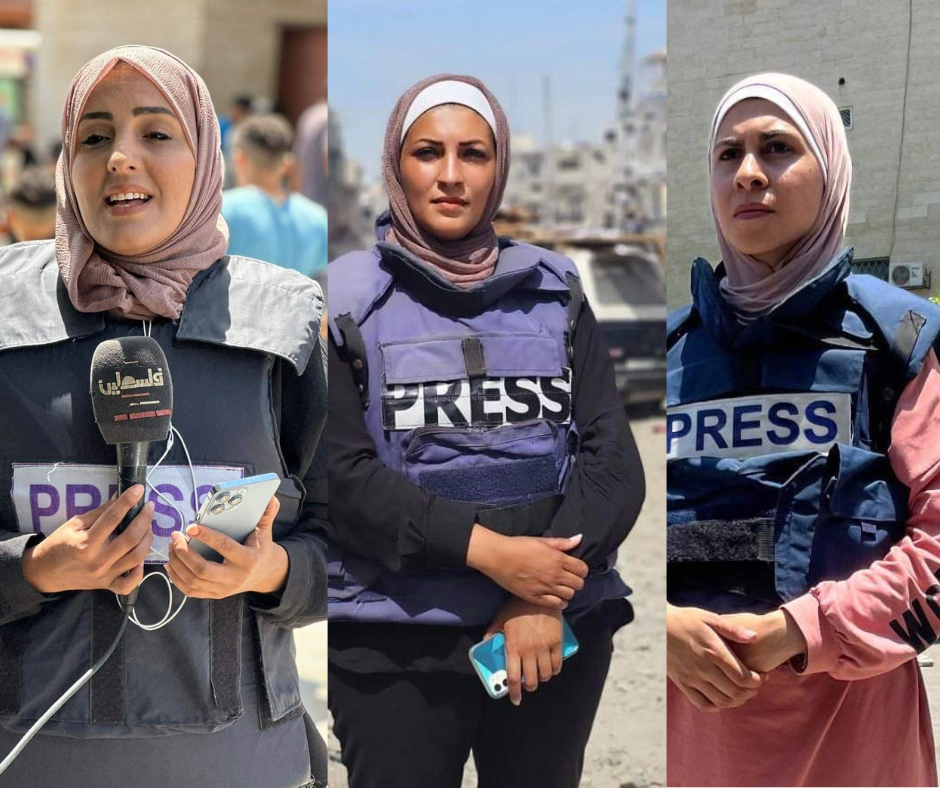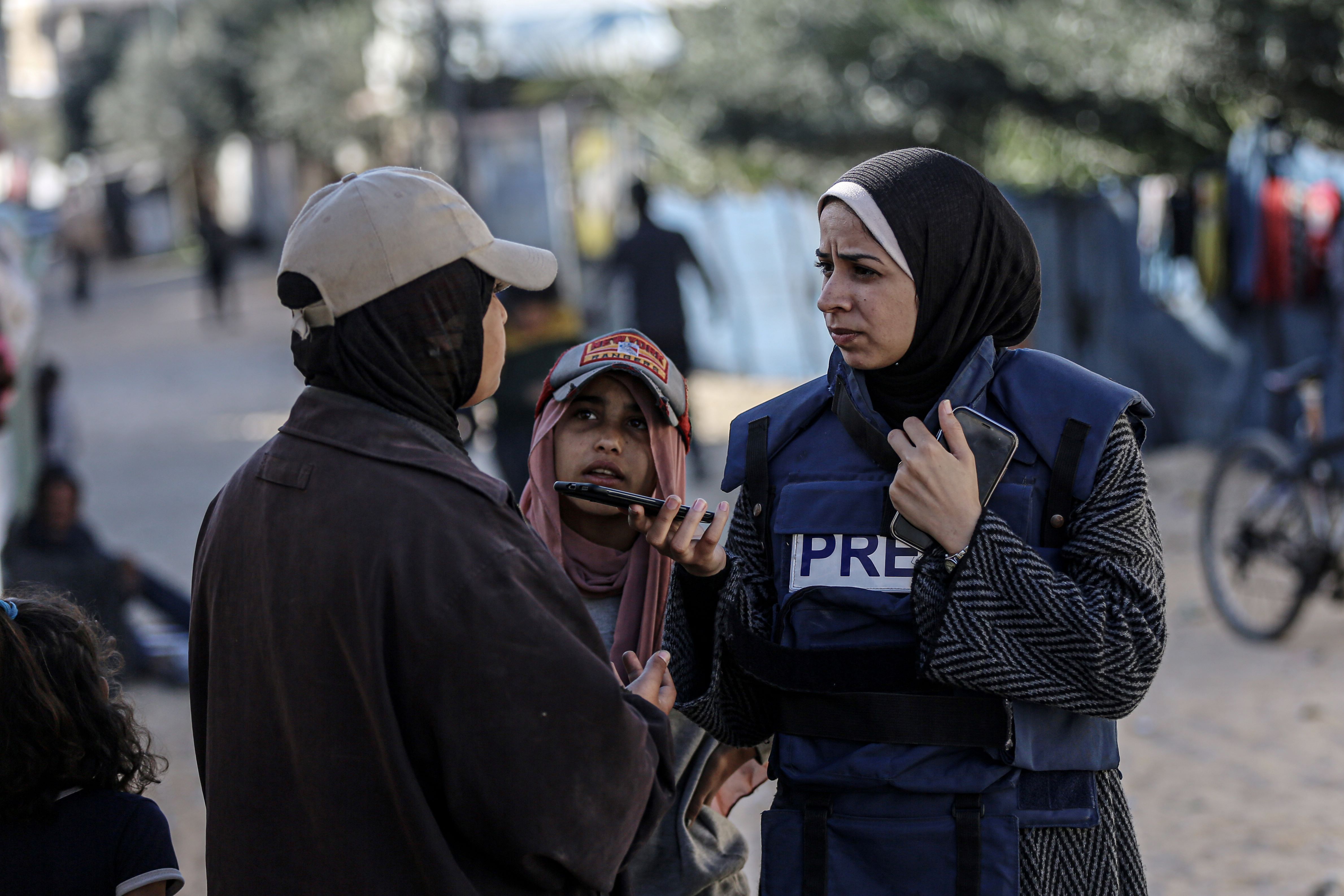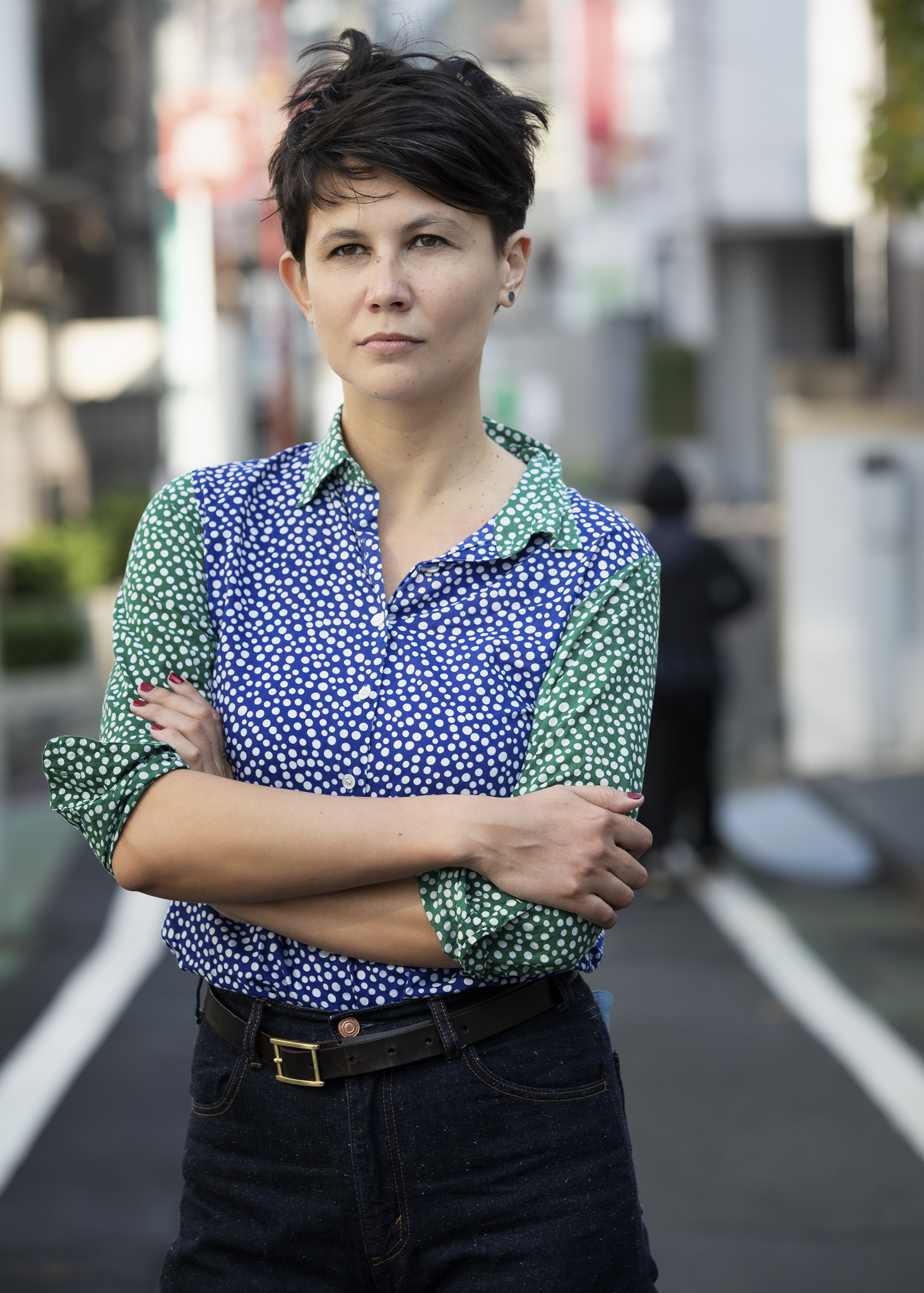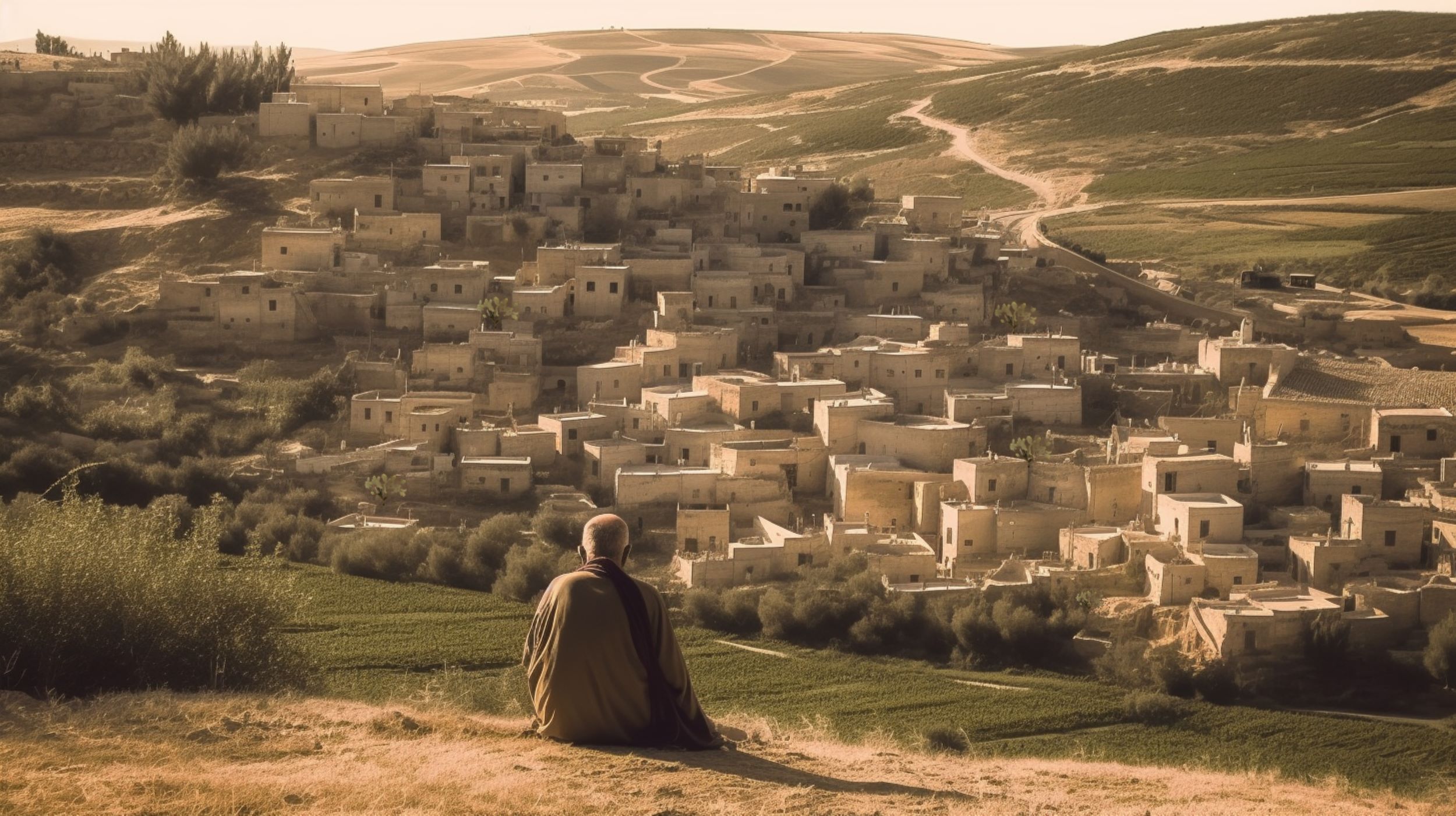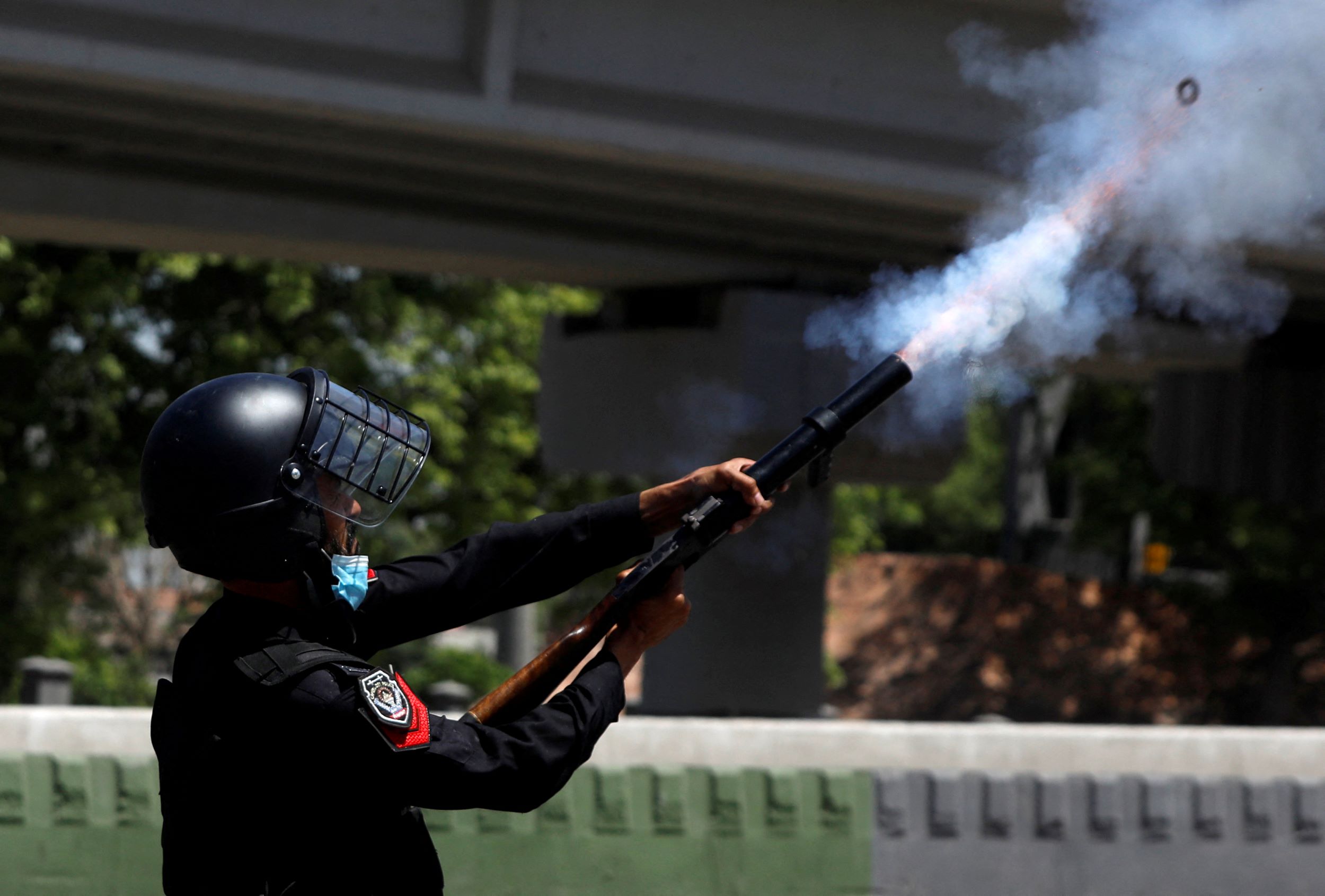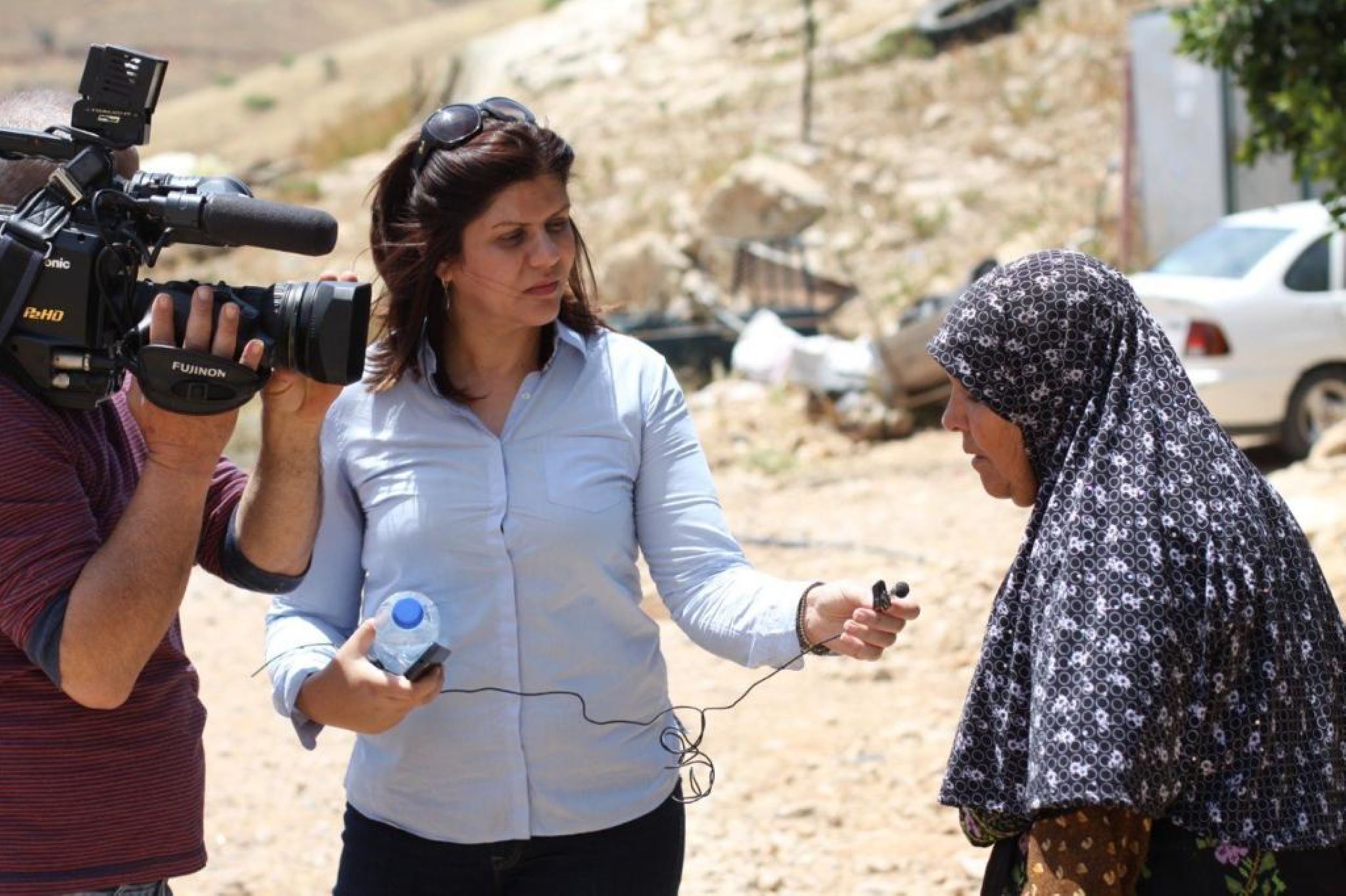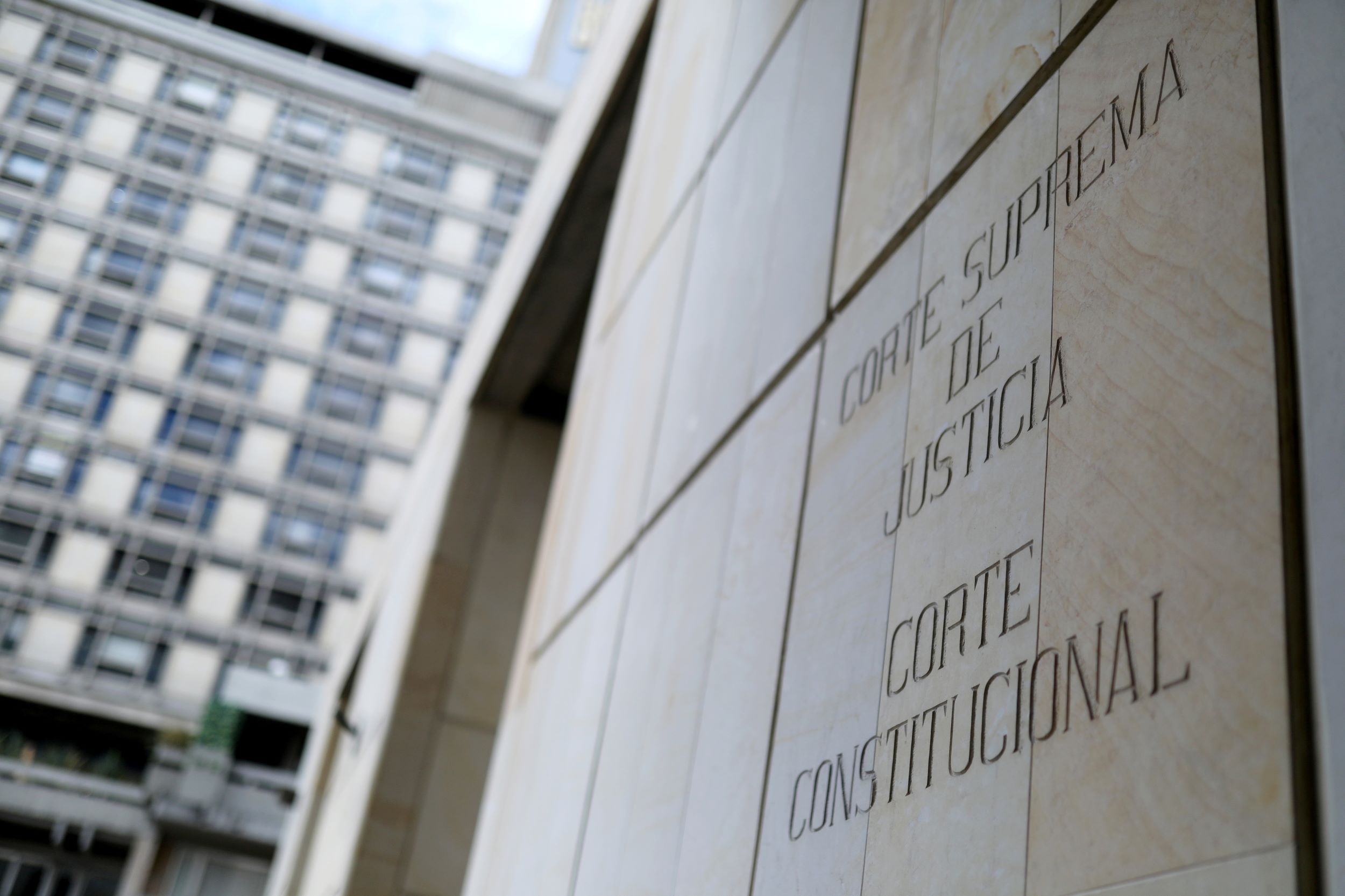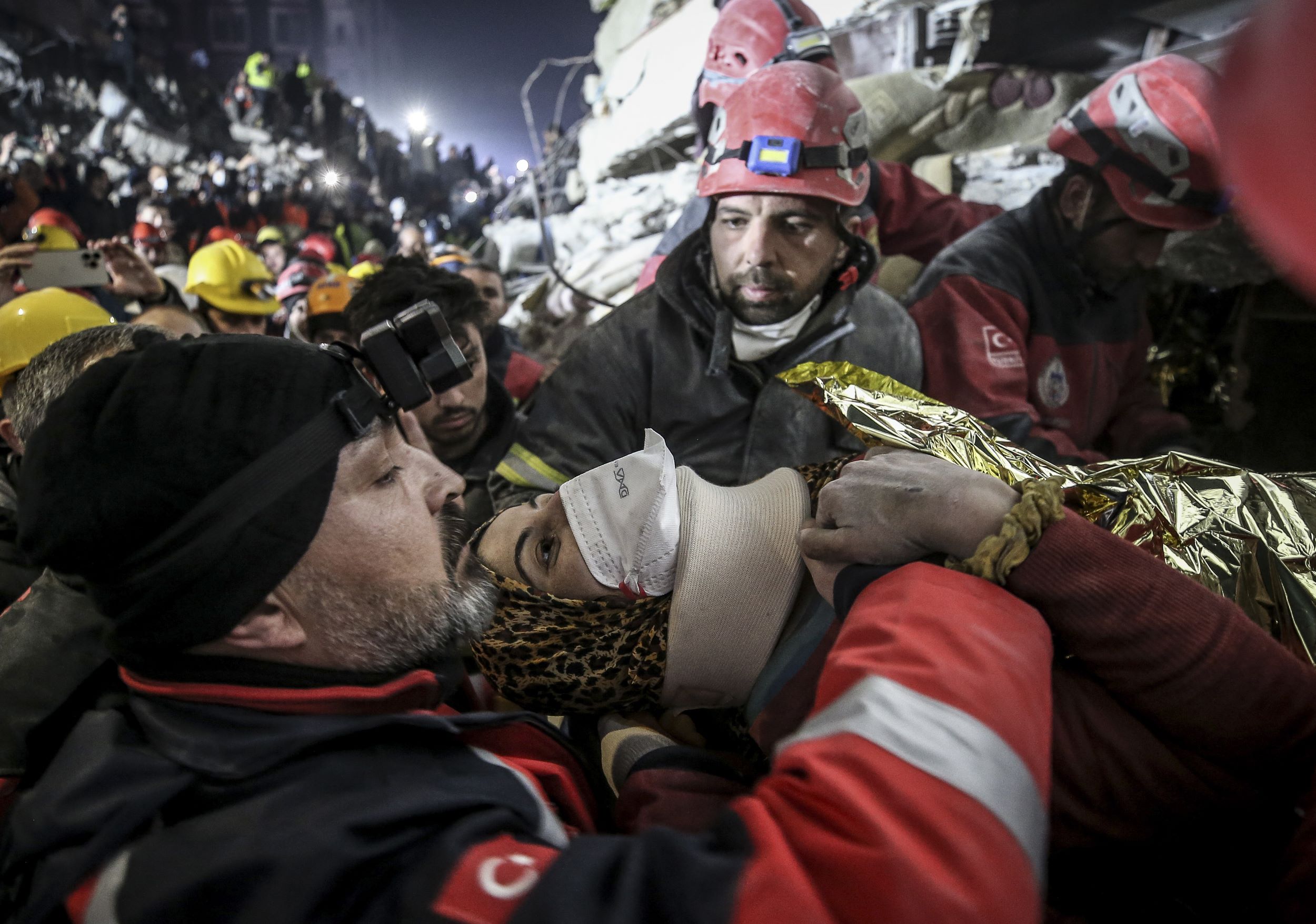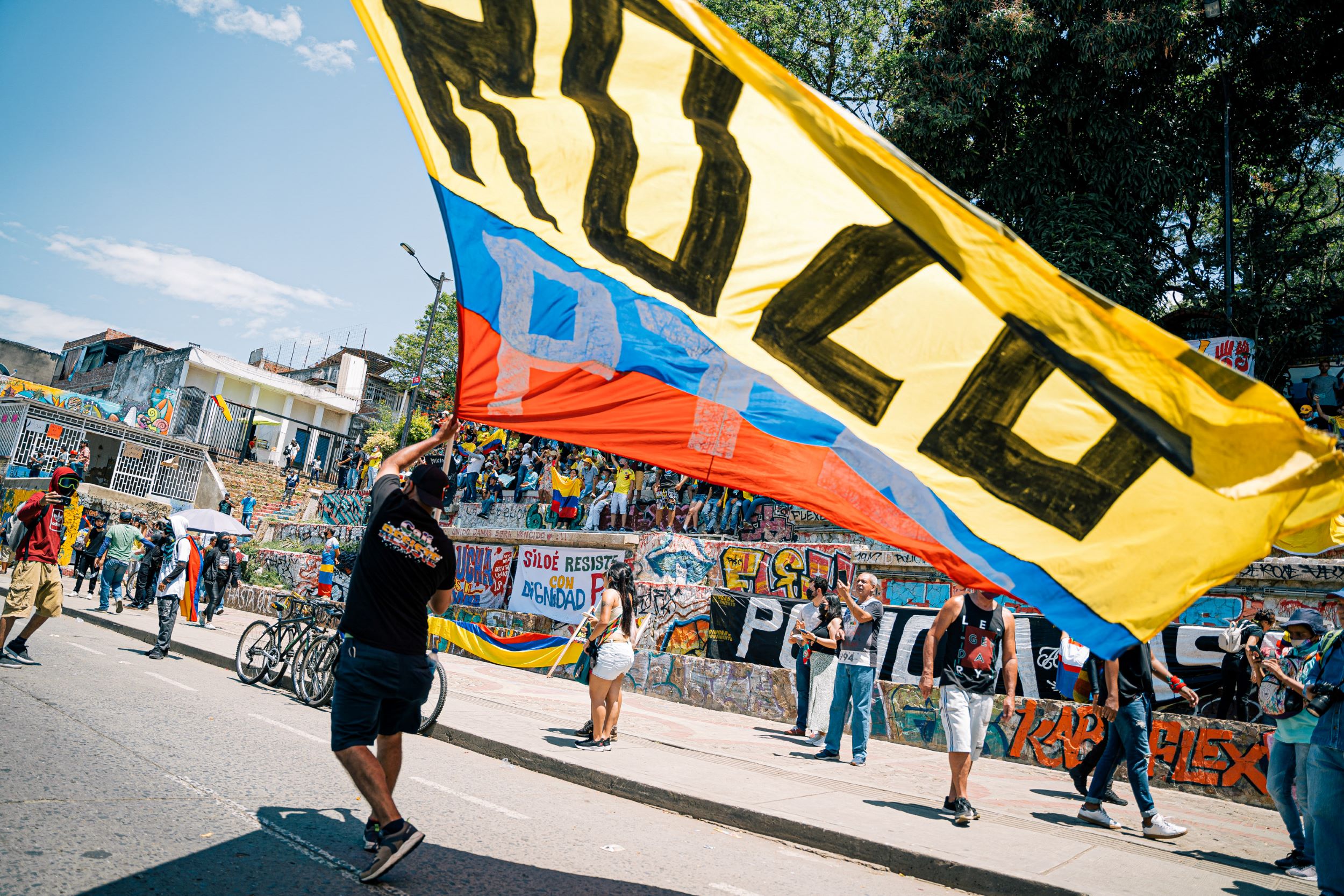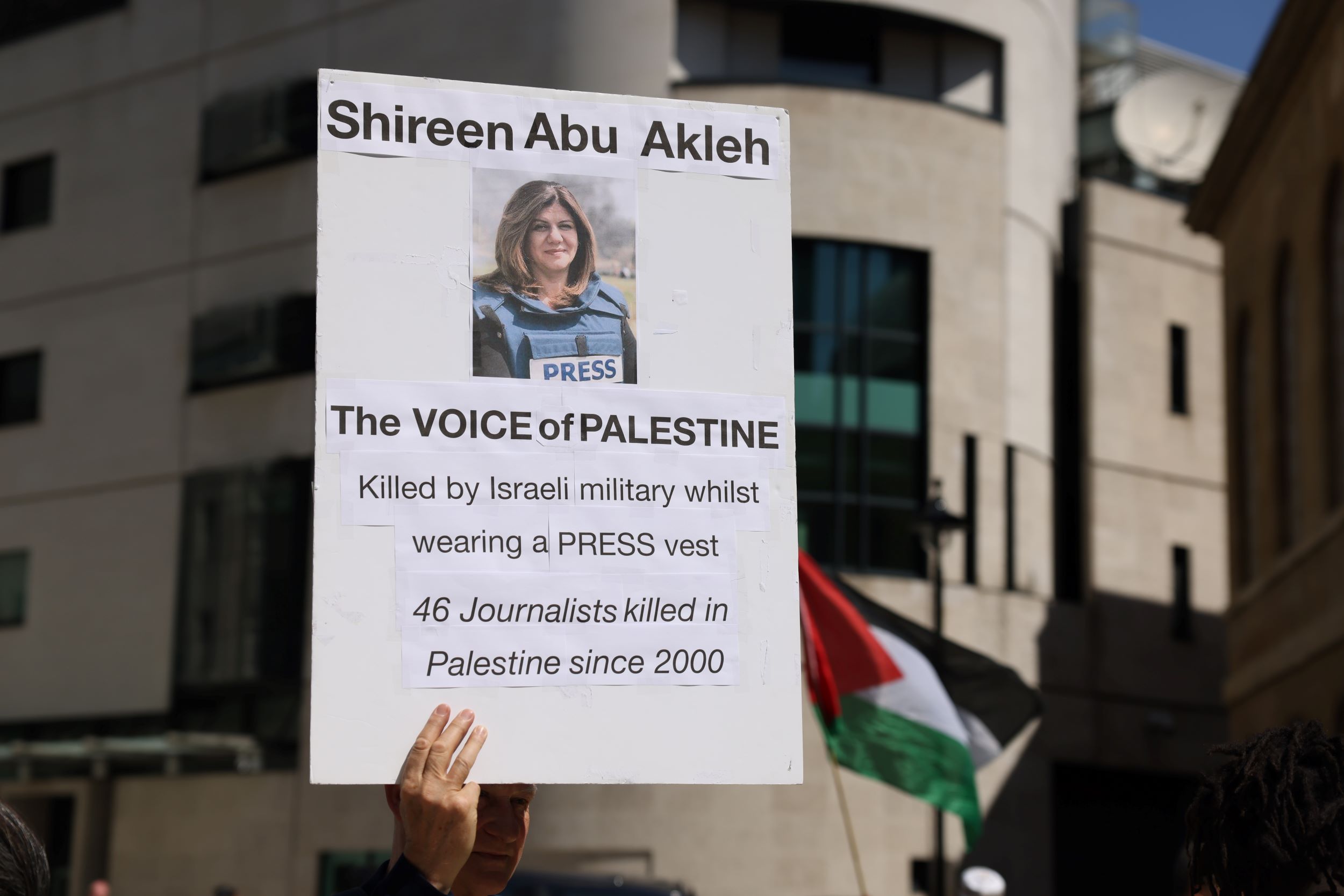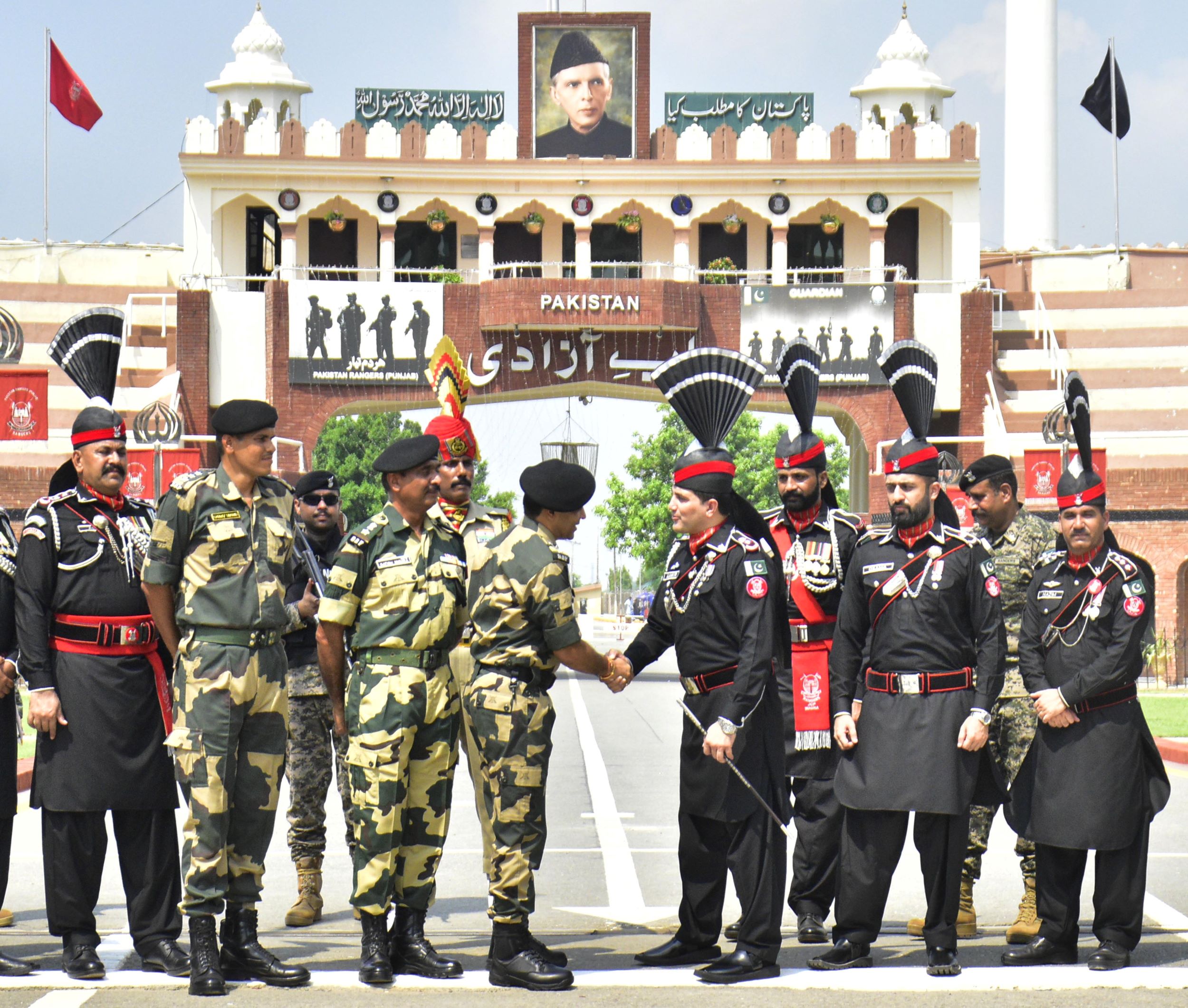في المعادلة الصحفية التقليدية لا يمكن أن يكتمل الخبر من دون عنوان أو جسم أو خلفية، وهذه الأخيرة رغم تجاهل كثير من وسائل الإعلام لها، لا يمكن الاستغناء عنها.
ذلك المثلث الإخباري الشهير يشكل أساس أبرز فنون الكتابة الصحفية وأكثرها انتشاراً، غير أن هناك من يستغني عن الضلع الأخير المتمثل في الخلفية التاريخية أو المعرفية الخاصة بالقصة الصحفية.
وبالرجوع إلى التعريف البسيط للخبر الصحفي، فإن أهم شروطه يركز على ضرورة أن يهمّ أكبر عدد ممكن من الجماهير. ولتحقق ذلك الشرط، لا بد من بذل مجهود أكبر وعدم الاكتفاء بما يقدمه مصدر الخبر.
والخلفية في مفهومها تمثل الجذور والأحداث الرئيسية التي تسببت في الحدث الذي يغطيه الخبر، أو تطوراته السابقة. وباختصار، هي تجيب عن الاستفهام الأخير بين الأسئلة الستة "لماذا؟".
ومما لا شك فيك أن جميع الفنون الصحفية تحتاج إلى خلفية تقدم تفسيرًا لإخبار القراء بالمعلومات الأصلية التي منحت الحدث صفة الأهمية لطرحه، وكذلك ربطهم بجذوره البعيدة أو القريبة.
لكن ثمة مشكلة تتعلق بهذا الجزء المهم، تشير إليها الكاتبة والصحفية المكسيكية كريستينا سيلبي التي تقول إنه "من الواضح أن الخلفية عنصر مستضعف، ويبدو أنها لا تحظى باهتمام الصحفيين".
وإذا ما أرسل المحرر خبراً إلى القارئ بدون خلفية، فإن جزءًا من النص سيكون مفقودًا لا محالة، انطلاقًا من أن المتلقي لا يكون -بالضرورة- عارفا بما قبل الخبر أو بعده.
ولتقريب الصورة أكثر حول أهمية الخلفية وما قد يسببه غيابها من مشاكل للخبر، ينبغي مقاربتها من زاوية الأمثلة التي توضح كيفية إضفاء قيمة على الخبر وصنع سياق له.
القارئ لا يعرف
تأتي الحاجة إلى الخلفية كجزء مهم، انطلاقًا من تفنيد فرضية أن القراء يعرفون كل الحقائق الأصلية والأساسية للمادة الصحفية، مع الإدراك بأن الخبر لا يقدم كل شيء.
فمثلا، عند الحديث عن أضرار شرب القهوة على الريق، يجب الانتباه إلى التعامل مع مصطلحات علمية يجهلها الكثير من القراء العاديين، وبالتالي هناك حاجة ملحة لسد الثغرات وتبسيط المفاهيم عبر خلفيات معلوماتية.
وهذا ما يظهر في خبر "الكشف عن خطر تناول القهوة على معدة فارغة" الذي نقله موقع قناة "روسيا اليوم"، إذ جاء في تفاصيله أن ذلك "يمكن أن يؤدي إلى اضطرابات التمثيل الغذائي".
ولم يتطرق الخبر إلى خلفية توضيحية عن تلك الاضطرابات، ولم يُعرّف كذلك مفهوم "التمثيل الغذائي" الذي يحتاج إلى صياغة بسيطة لتقريبه إلى القراء.
قيمة وسياق
وليست الخلفية إضافة معلوماتية فقط، وإنما تؤدي دورًا كبيرًا في صنع سياق للخبر وإعطائه قيمة، حتى يكون قادرًا على إشباع رغبة القارئ.
فمثلا، رفض منح إقامة في الأردن يبدو أمرًا عاديًّا جدًّا، ويمكن حصوله بشكل يومي، ومن ثم فإنه لا يشكل اهتمامًا لدى القراء، لكن المحرر بإمكانه أن يجعل قيمة للخبر عبر إثرائه بالخلفيات.
وهذا يتضح في خبر "هيئة فلسطينية: الأردن يرفض تجديد إقامة زوج أحلام التميمي"، فلك أن تنظر كيف أثرى المحرر خبرًا عاديا بالخلفية التاريخية والمعلوماتية حول الأسير وزوجته.
وتوسع كاتب الخبر هنا ذاهبًا إلى مسافة أبعد مما قدمه بيان الهيئة الذي احتوى معلومات سريعة، ثم جاء دور المحرر ليضيف معلومات ناقصة أضفت على المادة الصحفية قيمة.
معنى ناقص
يختار القراء أخبارهم بناء على دوافع مختلفة لإشباع استفهامات في دواخلهم، وبالتالي لا يعقل أن يخرج المنجذب إلى خبرك بمعنى ناقص.
فمثلا، عندما قالت شبكة "سي.أن.أن" الأميركية في نسختها العربية إن "السيسي يرفض المصالحة ويؤكد: لا يمكن هزيمة مصر وشعبها متكاتف"، كان عليها تقديم معلومات أوفى بدلا من أن تترك القارئ تائهًا.
وعند قراءة الخبر، يُلاحظ أن الشبكة لم تذكر أي معلومات عن الأطراف التي يقصدها المتحدث في تصريحه. وكان مهمًّا أيضا الإشارة إلى الخلفية التاريخية حول السبب الذي دفعه لقول ذلك.
وتوضيحًا لما تمثله الخلفية من أهمية، يقول الصحفي علاء أبو العينين الذي يعمل محررًا أوّل بوكالة "الأناضول" التركية، إن "تجاهلها أو وضعها بشكل خاطئ يؤثر بشكل كبير على المادة الصحفية".
ويضيف أبو العينين في حديثه لمجلة "الصحافة" أنه "قد تُقلب الرسالة التي يريد أن يوصلها الكاتب إلى القارئ، ونرى ذلك كثيرًا في تعامل وسائل الإعلام، وكيف تغيّر الحقيقة إلى باطل والعكس؛ عن طريق التلاعب في الخلفية".
ويتابع أنه "قد يُقلب الخبر أو ربما تصل الرسالة بشكل خاطئ إذا كانت تنقصه الخلفية المعلوماتية"، مؤكدًا أنه "حين تُكتب بشكل مناسب فستجعل الخبر مفهومًا للقارئ بشكل جيد".
كما أن خلفية الخبر "تستطيع أن توصل الرسالة التي يريدها الكاتب بشكل سليم وواضح ومباشر"، لذا فإن توظيفها بطريقة صحيحة أمر مهم.
أساليب كتابة الخلفية
تتنوع أشكال الخلفية وأساليب كتابتها بحسب ما تفرضه مجريات الخبر، وانطلاقًا من ذلك يمكن تقسيمها إلى أربعة أشكال متداولة في وسائل الإعلام المختلفة:
- الخلفية العاجلة: تُستخدم غالبا في ردود الأفعال، ويُفضل تقديمها بعد الفقرة الأولى أو الثانية حتى لا يشعر القارئ أنه بعيد عن الحدث. (مثال)
- الخلفية المدمجة: تعتبر أسلوبًا جديدًا في كتابة الخلفية، إذ تتيح للمحرر فرصة لإدراج معلومة ما داخل النص، وفقًا لما تفرضه الحاجة إلى توضيح أمر ما. ومثال ذلك: "أقصى البرلمان الأوروبي الزعيمة البورمية أونغ سان سو تشي من مجموعة حائزي جائزة ساخاروف، التي كان قد منحها إياها في 1990، وهي أعلى جائزة أوروبية لحقوق الإنسان".
- الخلفية التوظيفية: تشبه "الخلفية العاجلة" إلى حد كبير، إذ ينبع استخدامها من شعور المحرر بضرورة إدراجها في مكان مناسب، أو عند الانتهاء من سياق معين في الخبر والانتقال إلى آخر. (مثال)
- الخلفية الكلاسيكية (المنسدلة): تأخذ الشكل التقليدي المتعارف عليه في الكتابة الصحفية، حيث تكتب غالبًا في نهاية الخبر وتعطي المعلومات بشكل متسلسل. (مثال)
خلفية ناجحة
ولكي تكون خلفية الخبر ناجحة، لا بد أن تكتب بطريقة تضمن قراءتها بحيث لا تكون مملة أو طويلة جدًا، أو لا تتصل بالخبر، إضافة إلى دورها في سد الفراغات التي تدور في ذهن القارئ حول الحدث.
وقد يتساءل صحفي: متى يجب أن أكتب الخلفية؟ والإجابة باختصار، إذا شعرت أثناء كتابة الخبر أن هناك فراغًا يحتاج إلى ملء، أو استفهاما يحتاج إلى إجابة، لذا اكتب كقارئ لا كمحرر.
وثمة أسئلة وضعها الصحفي تيم دي شانت المحاضر في قسم الكتابة العلمية بمعهد "ماساتشوستس" للتكنولوجيا، عند الإجابة عليها يمكن الخروج بخلفية أنيقة وناجحة تتناسب مع حاجة القارئ.
ويلخص دي شانت الأسئلة بالقول: "ما هو مستوى راحة القراء مع المادة؟ وما هي الكلمات التي نتوقع منهم أن لا يعرفوها؟ وما الذي يتعين علينا أن نمسك به؟ وما الذي يمكننا إبعاده حتى لا يضيعوا في التفاصيل؟".
لكن يجب الانتباه، فربما تكون الخلفية عبئًا إذا ما كانت ذات شيوع أو تواتر من قبيل حشو زائد لا فائدة منه، ولهذا ينبغي على المحرر أن يكون ملمًّا بالموضوع الذي يغطيه.
كما لا بد من إتقان مهارة الاختصار والاختزال، لأنه يجب تلخيص الخلفية بإيجاز، وذلك بتضمينها في فقرة أو اثنتين دون الإطالة بشكل يجعل القارئ بعيدًا عن الخبر.
وحتى تُكتب الخلفية سليمة يجب الاستفادة من إرشادات قدمها الصحفي أبو العينين في حديثه لـ"مجلة الصحافة" بأن تكون في مكانها المناسب، وليس شرطًا أن تكون في نهاية الخبر، إذ يمكن توزيعها بين الثنايا أو في المقدمة. كما يجب أن تكون مناسبة، إضافة إلى ضرورة أن تكون مختصرة جدًا من خلال دمج أكثر من فقرة، ومن ثم تقديمها بشكل واضح للقارئ بما يجعل الخبر متماسكًا.







